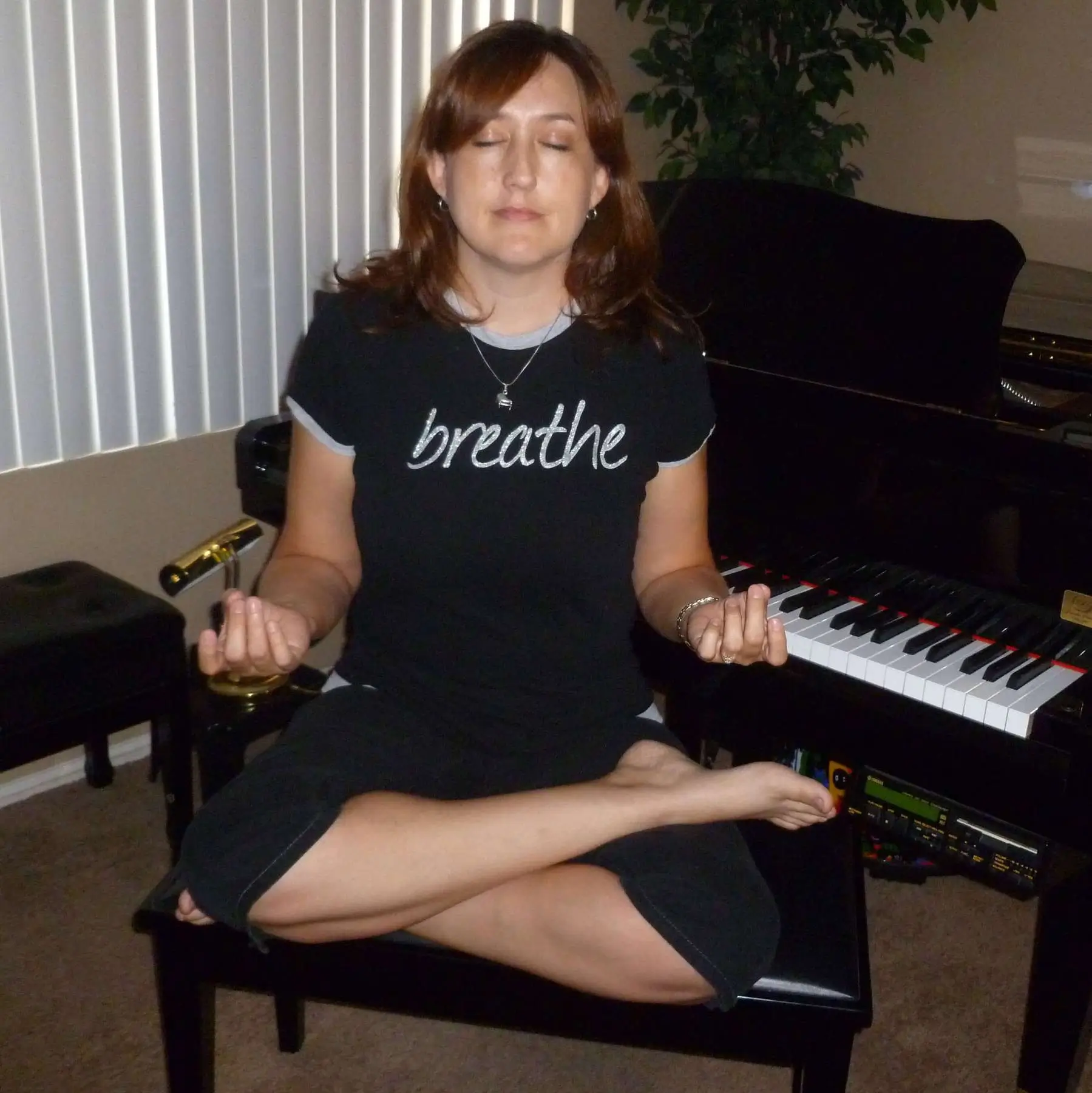
This morning I was able to attend an excellent presentation giving by Shellie Ruge, a member of our MTA chapter who is just a couple of months away from finishing her counseling internship. I walked away from that meeting feeling that I am first- not alone, that there is hope and enlightened how to recognize the burnout stages and how to combat them.
What are some of the words you think about when you hear the word burnout? Some for me are: Exhausted, my brain is fried/hurts, frustrated, anxious, stressed, etc.
These are burnout words. It is important to be aware of these as it is the first indication that something is changing.
In the our field, a people/service orientated field it is very easy to get burned out. I’m sure I’m not the only one that gets attached to my students. Why is that? Because we want the best for them, we want them to learn and grow, we teach them for years which often results in not only getting to know the student well, but often the whole family. Think about your studio for a minute. Are you always giving? Are you always trying to please the student that consistently doesn’t show up for lessons but wants a make up or maybe the family that doesn’t pay on time, but you are afraid to ask for the payment? Shellie reminds us that these kind of things are taking out of our emotional bank accounts. And when they are constantly being taken out and there is no deposits being made boundaries are being crossed and burnout can be right around the corner.
Environmental/organizational issues
4 burnout stages and the way to intervene…
Shellie highly recommended the book, “Burnout” by Christina Maslach. Inside the book there is a burnout assessment where you can see where you are.
“Happiness is identifying and measuring what makes you happy; You only have control over you.” I liked this quote by Shellie. She reminds us that nobody can make you happy or unhappy. Often we’ll here, “She MADE me mad”. Well, she can’t MAKE you mad, only you can do that. It’s up to you how you want to react. Next time you are having a problem and need to respond to someone follow this formula: Fact, feeling and need formula. Give them the fact (ie: Suzy must attend lessons weekly), your feeling (ie: I worry that Suzy will fall behind), and need (I need you to respect my policy and bring Suzy each week).
Automatic thoughts are positioned with a belief system “should”. Be aware.
Self care is very important. Keep in mind your Mind, Body, Spirit, Feelings, Kid
Be careful when venting, venting is problem focused. You want solution focused. I think this was interesting because for me venting helps me hear others points of thoughts and views and allows me to think things through a little bit before responding. It’s also nice to get it out and then release. But at the same time I can understand why venting would be considered problem focused. So I think to vent just to vent is unhealthy; but to have an open mind ready to hear other views, focusing on a solution instead is okay. That’s just my thought anyway.
Balance- enthusiasm, realistic expectations
Boundaries- say no/reciprocal transaction
24 hour rule- write that letter, email etc. if needed but wait 24 hours before sending it. Often times when we wait we will be more solution focused rather than problem focused. Sometimes we may decide that sending that letter/email isn’t even worth it, but it felt good just writing it.
Discontent + Movement= Change
Be aware of burnout symptoms and plan
Remember Self care and FUN
…”How to beat burnout in one word- balance” Christina Maslach
I would love to hear your thoughts on this subject. I think it is very important for teachers to realize that burnout is something we all feel at one time or another at some level. But it is important to recognize it and figure out ways to get through and combat it so it doesn’t take control of our lives.



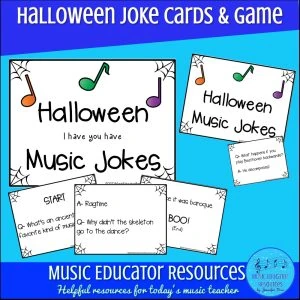
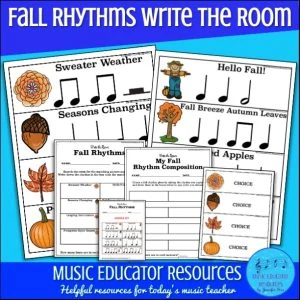
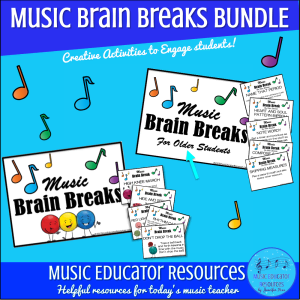
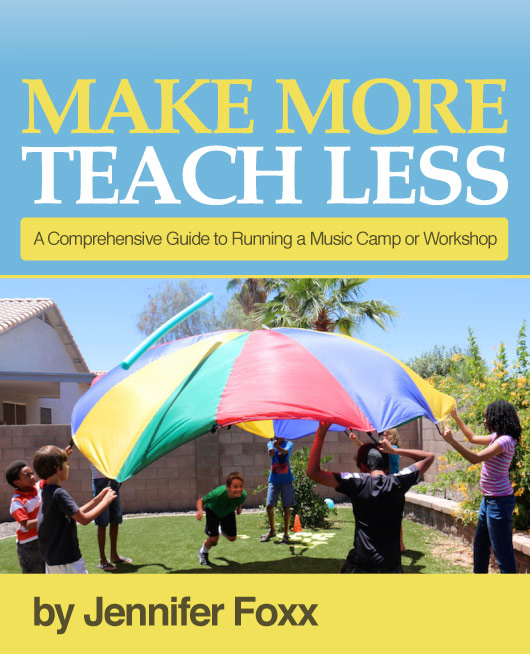

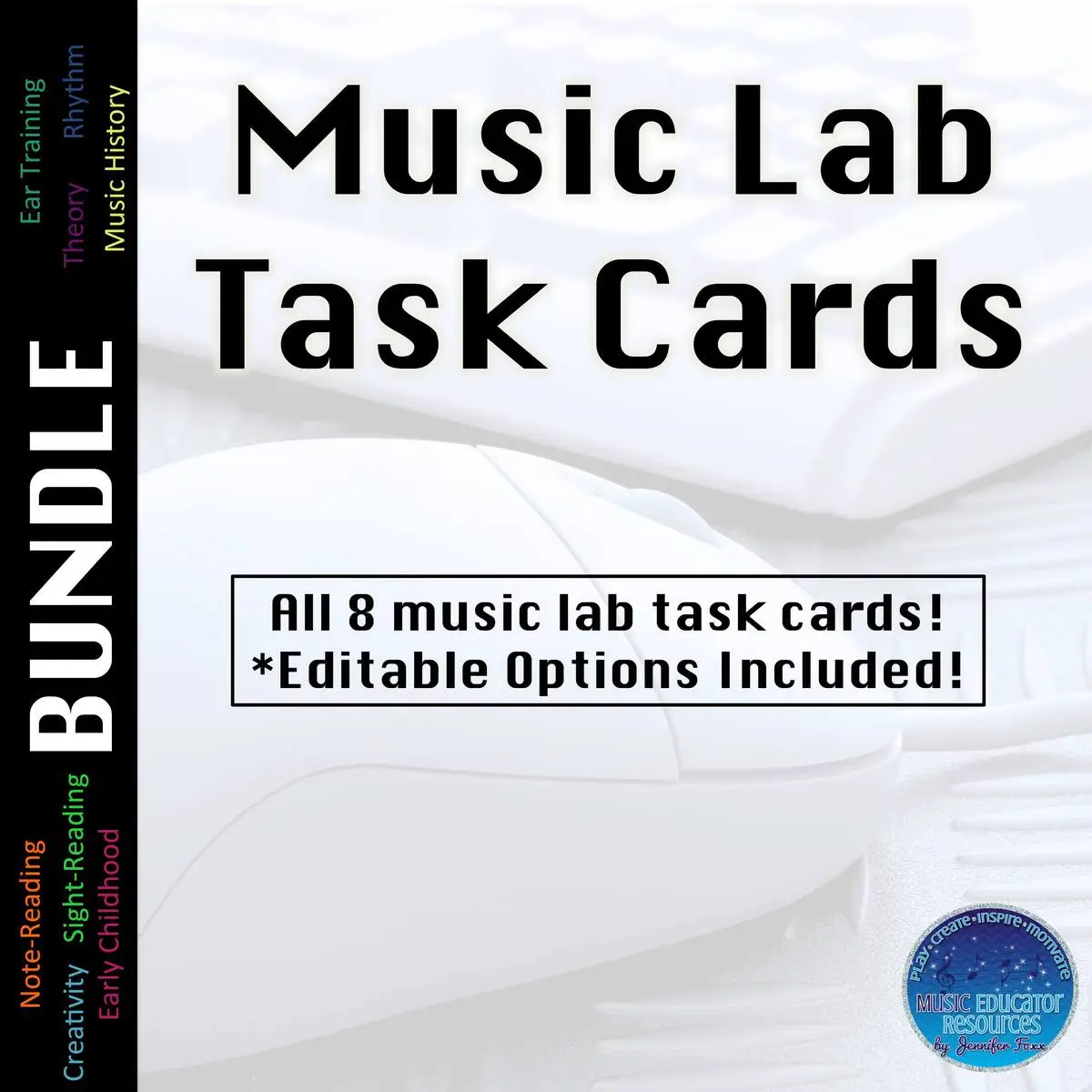
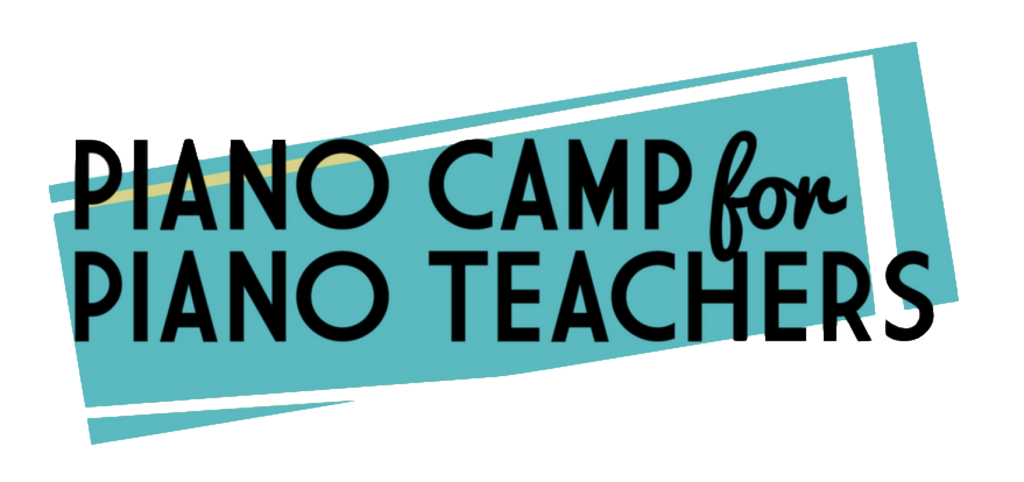


What a great topic for a teacher’s workshop, and a great topic for all of us to consider as we dive into a new school year. Thanks for sharing! (And I LOVE you pic!)
Look at you skinny minny! Great post, wish I could have been there. I like the 24 hour rule too, it’s saved me a few times. And I agree with her point about venting, but you are still gonna catch my vents from time to time :o)
Wow, you just hit the nail on the head!! Boy, did I need to have this right now….I have been on the verge of quitting teaching for so many reasons….thank you for this… I am encouraged to look at how & why I am teaching…
Great post, Jennifer. Thanks for sharing. I forwarded to a teacher who wasn’t able to attend the meeting . . . but was feeling burned out.
So grateful to have discovered these words of wisdom. Cannot thankyou enough for sharing them, Jennifer.